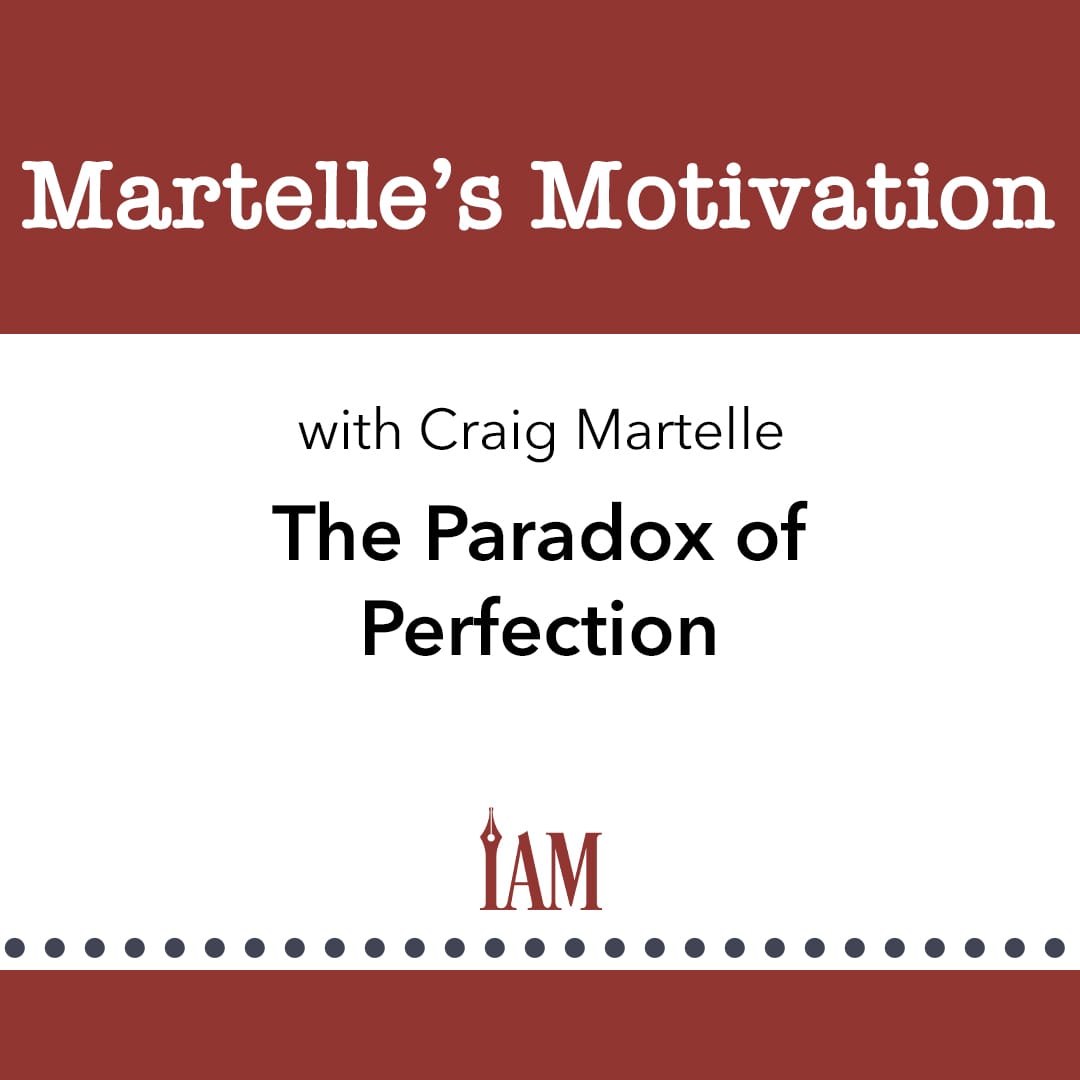I’ve given this presentation a few times because it’s important for authors to stay grounded. When we start writing, the only person we have to compare ourselves against is our favorite authors—those people who have been writing for a while with a team of people making sure the stories are great.
We loved those stories, so we attempt to hold ourselves to that standard because it is laudable. Why would we aspire to be anything less than our best?
And therein lies the logical fallacy. Until you practice and work at getting better, you will not be your best. Imagine if you couldn’t improve at something. How horrible would that world be? “The best I can be is long past.” A dreadful existence indeed.
Free yourself from seeing your peak performance as the only standard. Seek to embrace the constructive standard of getting better with each new word. Improve as you go. But once again, here’s the fallacy. If it’s only you giving yourself feedback, you won’t improve. You need external feedback. You need strangers, readers of your genre. They will give you the best feedback, even if only through nebulous reviews.
You’re not a horrible human being because your story didn’t resonate as well as you think it should have. Why would you think that? Yet many people do, as if a bad review is a testament to their quality as a person. It just means the story didn’t resonate with that one or those few readers, or it means they have some work to do. Do the work. Get better. Go back and rework that first story once you understand, once you’ve practiced and studied and practiced some more.
Perfection is a will-o’-the-wisp, a light dancing across the swamp of infinity. You can never reach it. It will remain elusive. But unlike the bog fairies, you don’t have to be perfect; you only have to be perfect for your readership. The readers will decide, but you’ll never give yourself a chance if you don’t put your work out there for strangers to judge.
And maybe that’s the paradox. Everyone wants to be a successful author, but no one wants to be judged and found wanting.
That’s not what the readers are doing. They’re providing critical input to a professional author. When we stop improving, we stop being the best we can be. The idea of perfection is the barrier that blocks our way to success.


